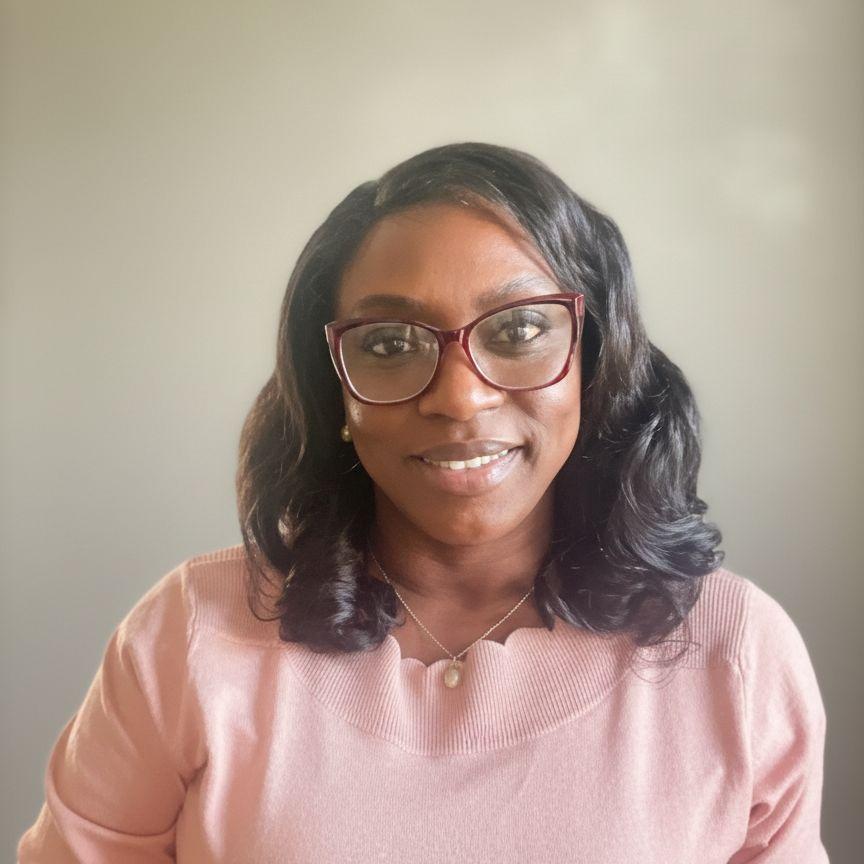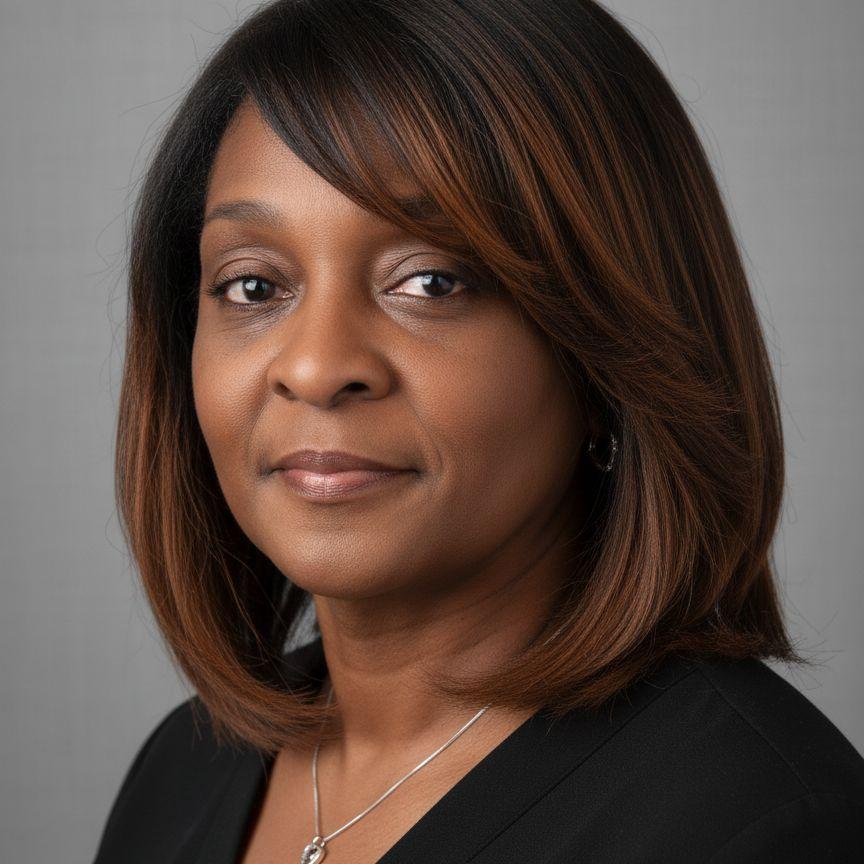Eating disorders are complex mental health conditions that can significantly impact an individual's physical, psychological, and social well-being. These disorders, which include anorexia nervosa, bulimia nervosa, and binge-eating disorder, often stem from a combination of genetic, environmental, and psychological factors.
Getting help from a qualified therapist is crucial for those struggling with these issues, as professional support can lead to effective treatment and recovery. Read on to explore how to find eating disorder therapists near you, highlighting the importance of specialized care and the resources available to assist individuals on their journey toward healing.
What are eating disorders?
According to the National Institute of Mental Health (NIMH), eating disorders are serious mental health conditions characterized by unhealthy eating habits and an intense preoccupation with food, body weight, and shape. These disorders can manifest in various forms, with the most common types being anorexia nervosa, bulimia nervosa, and binge-eating disorder.
- Anorexia nervosa involves extreme restriction of food intake and an intense fear of gaining weight, leading to significantly low body weight.
- Bulimia nervosa is marked by cycles of binge eating followed by compensatory behaviors such as vomiting or excessive exercise to prevent weight gain.
- Binge-eating disorder, on the other hand, involves recurrent episodes of consuming large quantities of food, often in a short period, accompanied by feelings of loss of control and distress.
All these disorders revolve around issues related to food and eating, reflecting deeper psychological struggles and societal pressures that can severely affect an individual's overall health and quality of life.













